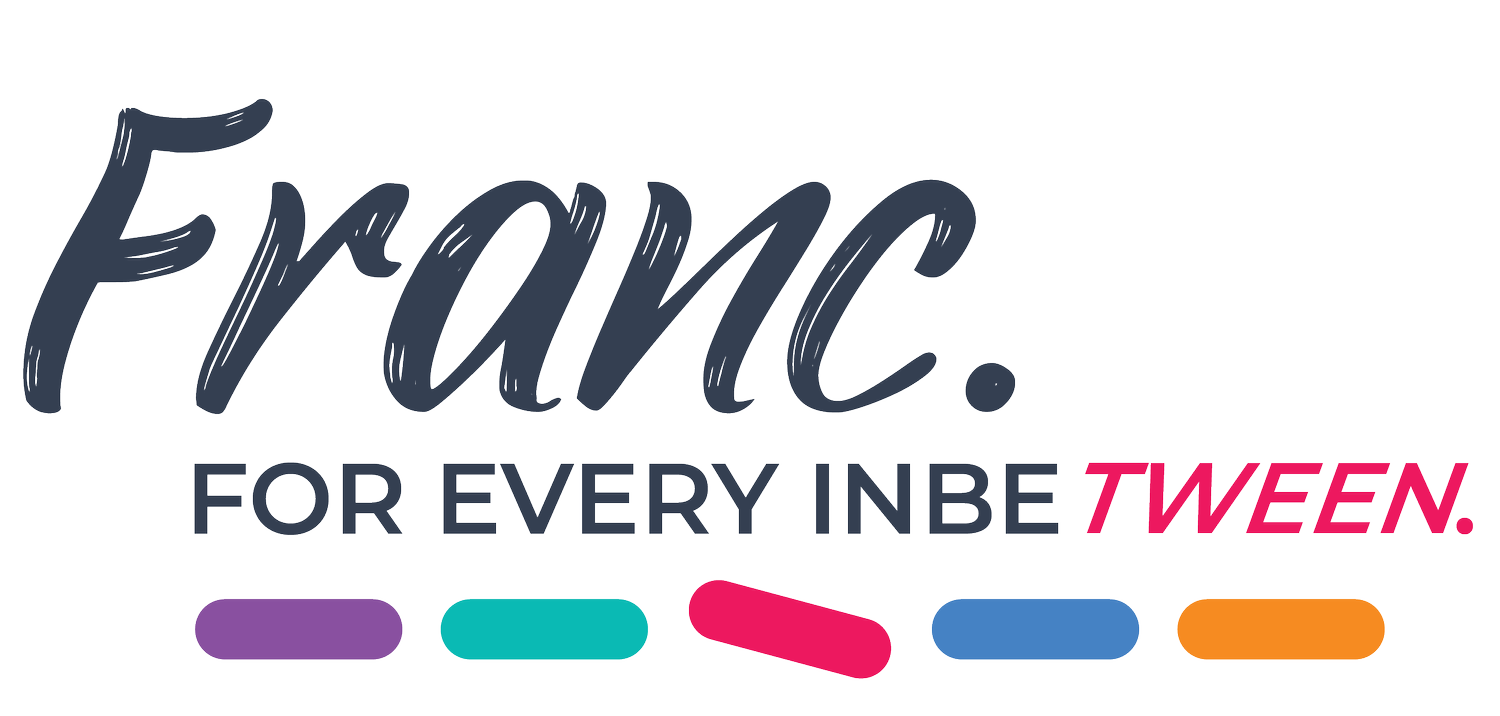PART THREE: Responsibility
“
When you think everything is someone else’s fault, you will suffer a lot. When you realize that everything springs only from yourself, you will learn both peace and joy.”
It is sometimes a difficult notion to tackle – especially in the world of a tween - in amongst the myriad changes they are already facing, including social, physical and emotional challenges.
Yet taking responsibility for one’s own thoughts and actions is a powerful and necessary lesson to learn and tweens will often rely on their parents and carers to help them navigate this new world of responsibility.
So what exactly does taking responsibility mean for a tween? This could be by taking care of a select group of chores each week, by keeping their rooms clean and tidy, helping out with younger siblings or simply being responsible for their own behaviours ie telling the truth, using appropriate language and respecting those around them.
Textbook definition?
The state of being responsible, answerable or accountable for something that is within one’s power to control or manage.
Research suggests that through developing responsibility in tweens, we can also help them to realise and reach their full potential. Making decisions, building trust and holding themselves accountable for their own actions (both good and bad) are all important steps in learning how to be responsible. In turn, tweens may feel more supported and heard within the family (or immediate support group) and understand exactly how their behaviours affect others around them and not just themselves.
Some (non-exhaustive) ideas that may get you thinking about how you can best teach responsibility include: creating a set of house ‘accountability’ rules, ensuring there are (non-negotiable) consequences in place for rule breaking and of course by modelling conscientious behaviour ourselves. Responsibility is something that tweens must learn and therefore, consistency and patience will oftentimes be key.
Being honest, remaining flexible, being vigilant, realistic and of course forgiving (none of us are perfect!), are all suggested traits that parents and caregivers can adopt in order to best manage responsibility in tweens.
+ A few suggestions on age-appropriate chores for Tweens:
- Make the bed every day.
- Plant a garden (or window box).
- Help to make dinner once a month.
- Empty the dishwasher.
- Choose a charity to raise funds for or perhaps volunteer.
- Vacuum and/or mop a floor.
- Sew on a button.
- Wash the car.
- Empty the bins.
- Fold and put away the laundry.
NOTE: THE TWEEN GUIDES ARE DESIGNED TO PROMPT FURTHER DISCUSSION BETWEEN PARENTS/CARERS AND OUR TWEENS. ALTHOUGH THEY ARE BASED ON FACTUAL RESEARCH, WE ENCOURAGE YOU TO SEEK YOUR OWN TRUTHS AND CONSULT A PROFFESSIONAL IF AND WHEN REQUIRED.

